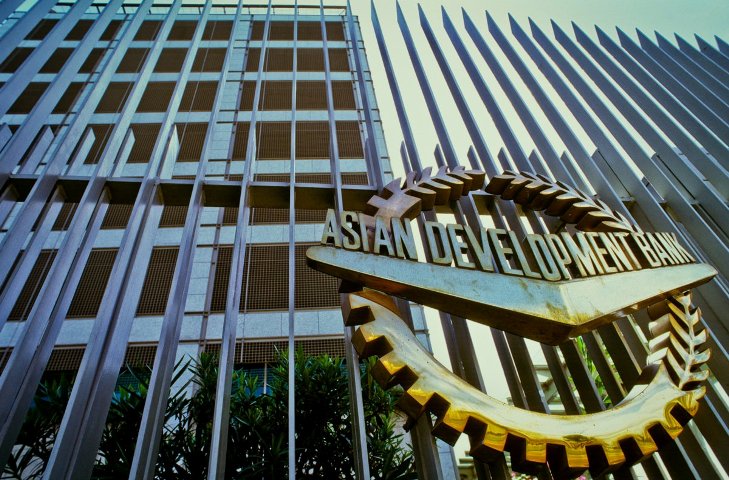The Asian Development Bank (ADB) must better align its technical assistance (TA) operations with corporate and country-specific priorities by improving coordination, fostering closer government engagement, and allowing adequate time for resource planning, according to a report by ADB’s Independent Evaluation Department (IED).
The report evaluates the relevance, efficiency, and effectiveness of ADB’s TA operations between 2014 and 2023, during which the bank committed $3.6 billion to 2,312 TA operations aimed at supporting investment projects, policy reform, and capacity-building initiatives for its developing member countries.
Findings Highlight Strategic Relevance and Areas for Improvement
While ADB’s TA operations were largely aligned with its strategic institutional goals, the evaluation identifies room for improvement in fund allocation practices and resource planning.
“Improvements to annual TA fund allocation practices can better support medium-term planning and strengthen the strategic alignment with country needs and long-term institutional goals,” said IED Director General Emmanuel Jimenez.
The report also calls for ADB to assess the adequacy of TA financing against the bank’s expanding operational commitments, emphasizing the need to address financing gaps as demand grows.
Recommendations for Strengthening TA Operations
Key recommendations from the report include:
Capacity Development and Programmatic Approach:
ADB should analyze best practices to enhance capacity development initiatives supported through TA.
Encouraging a programmatic approach with longer time horizons will enable the bank to address complex issues and foster sustainable development outcomes.
Digital Knowledge Systems:
The report suggests the development of a comprehensive digital knowledge information system to streamline data sharing and address multifaceted challenges.
Enhanced Monitoring and Reporting Systems:
Improved monitoring mechanisms are essential for tracking TA programming, processing, and implementation.
The evaluation recommends integrating quantitative and qualitative indicators into reporting systems to ensure more meaningful assessments of TA operations.
“Establishing robust monitoring systems is critical, particularly in light of the decentralization and simplification measures adopted by ADB between 2014 and 2023,” said evaluation team leader Sung Shin.
Strategic Implications for ADB’s Future Operations
The report underscores the importance of aligning TA operations with ADB’s corporate strategy and country-specific priorities to optimize their impact. This includes fostering closer engagement with partner governments to ensure that technical assistance directly addresses pressing national challenges.
Additionally, the evaluation emphasizes the need to balance short-term TA activities with longer-term objectives that contribute to the broader development goals of ADB’s member countries.
Looking Ahead
With the growing demand for TA resources, ADB is encouraged to refine its resource allocation and enhance strategic coordination to maintain its role as a key partner in development.
“ADB’s ability to evolve and meet the changing needs of its members depends on its capacity to deliver targeted, high-impact technical assistance,” Jimenez concluded.
By addressing these recommendations, ADB can bolster its contributions to sustainable and inclusive growth across its member countries, while positioning itself to meet future challenges effectively.











